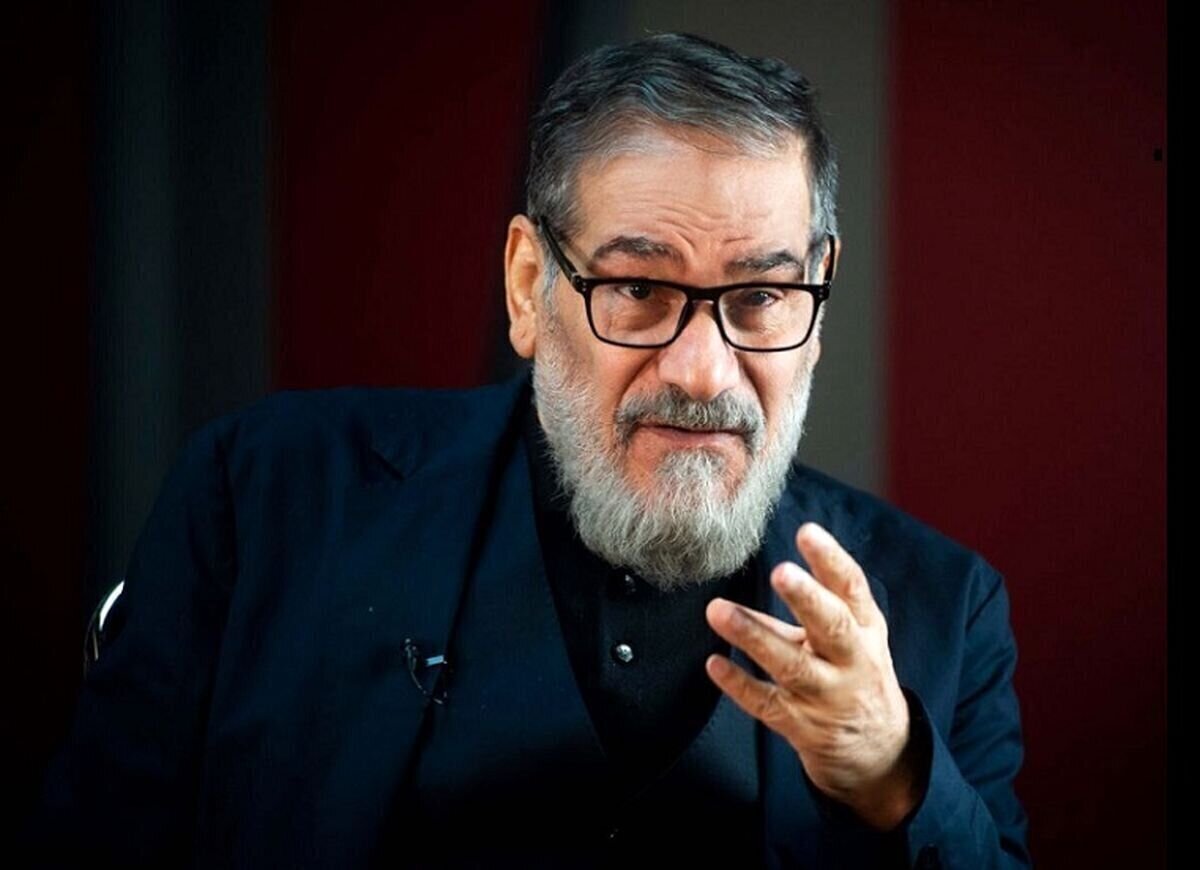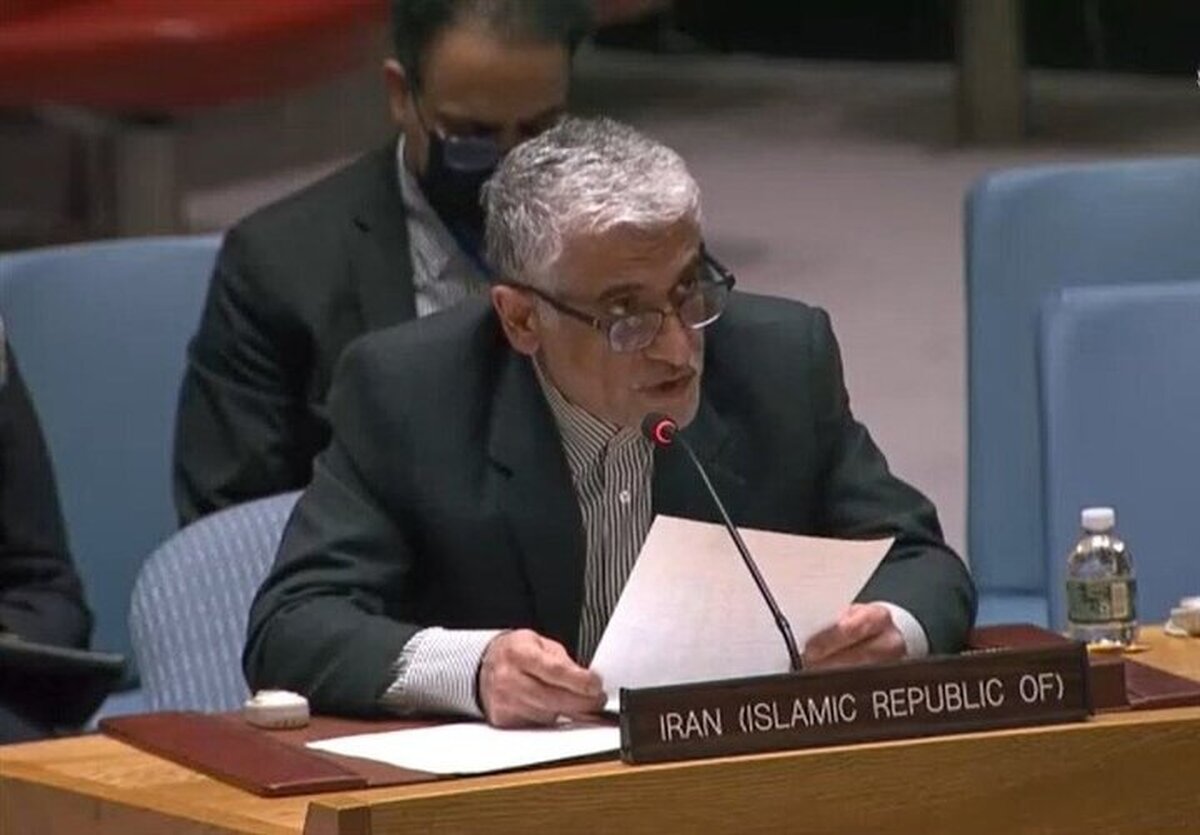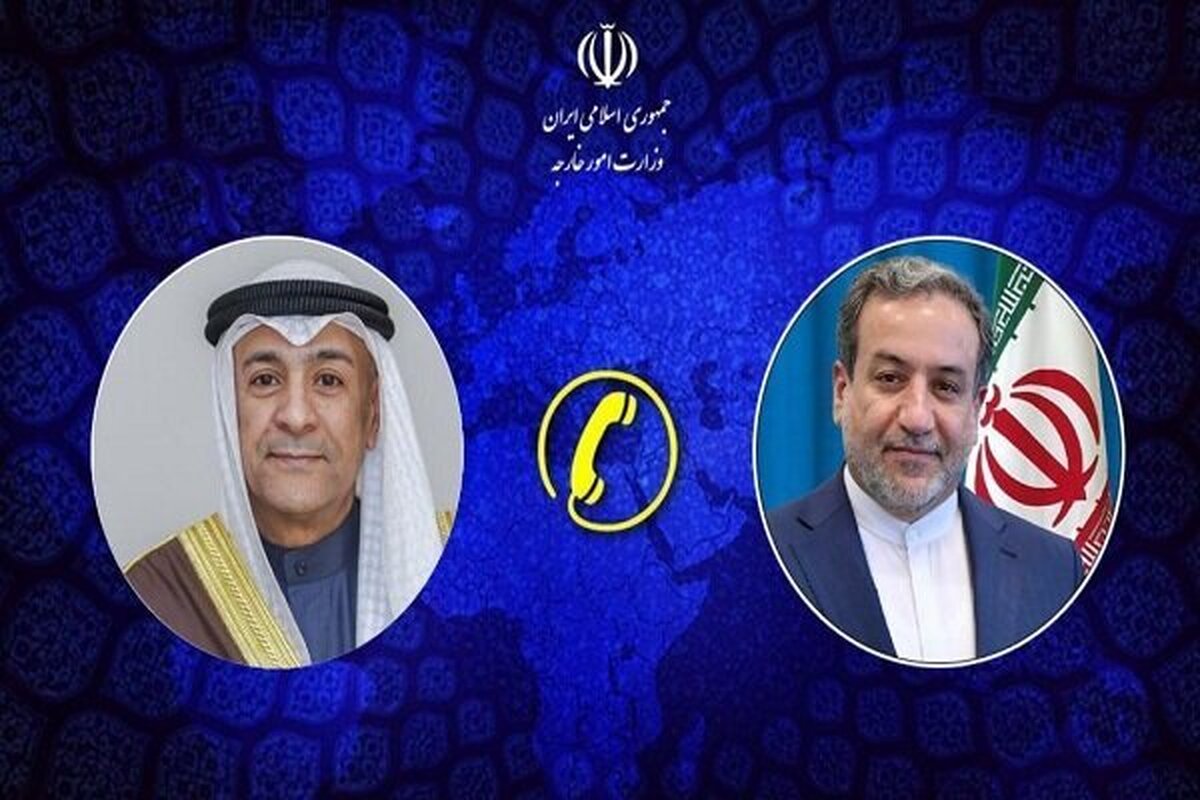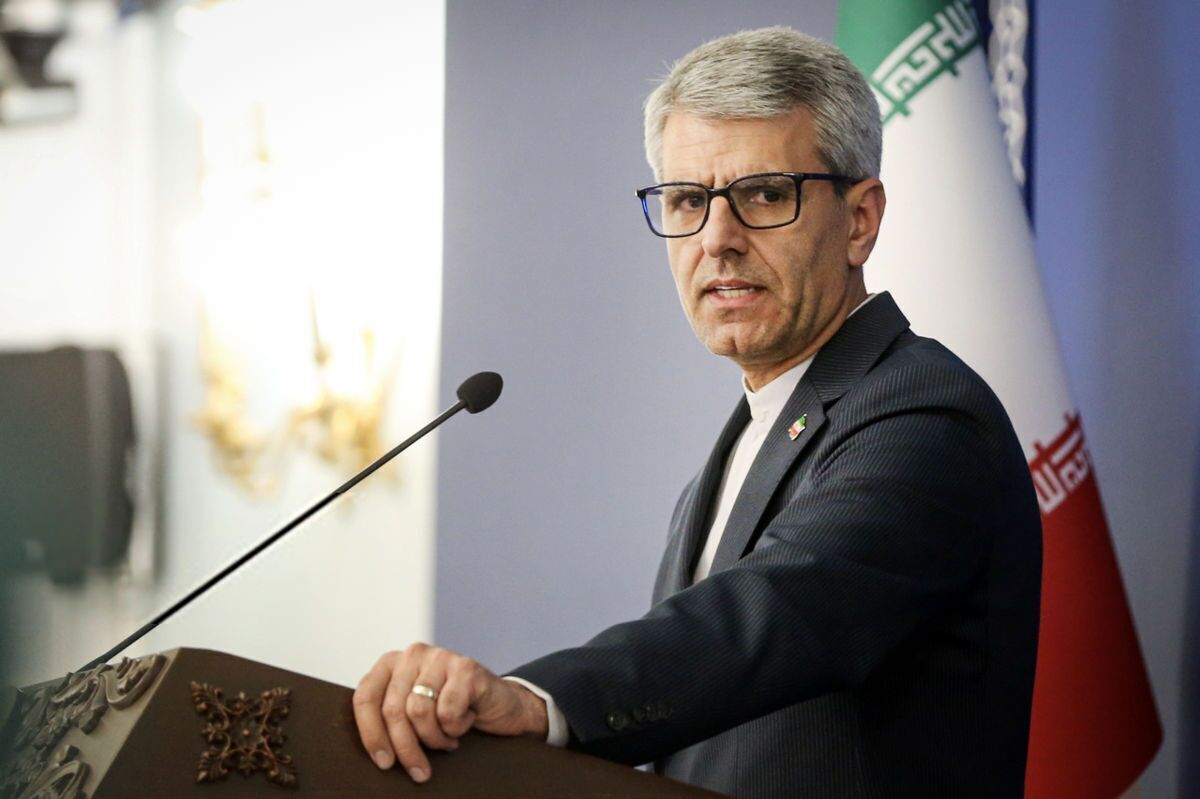
UN envoy refutes PGCC’s allegations against Iran

The Iranian ambassador to the United Nations rejected the “unfounded” contents about Iran raised in a recent statement from the Persian Gulf Cooperation Council (PGCC).
In a letter to UN Secretary General Antonio Guterres and President of the UN Security Council Eloy Alfaro de Alba on August 4, Saeed Iravani reaffirmed Iran’s full and unquestionable sovereignty over the islands of Abu Musa, Greater Tunb, and Lesser Tunb in the Persian Gulf.
What follows is the text of his letter:
In the Name of God, the Most Compassionate, the Most Merciful
Excellency,
On instructions from my Government, I am writing in reference to the letter dated 10 June 2025 from the Permanent Representative of Kuwait to the United Nations, addressed to the President of the Security Council, which transmitted the final statement of the 164th Session of The Ministerial Council of the [Persian] Gulf Cooperation Council (GCC) (S/2025/375). The statement contains unfounded references concerning the Islamic Republic of Iran. In this regard, I wish to set out the position of the Islamic Republic of Iran as follows:
1. Paragraphs 35 to 39 of the abovementioned statement include assertions on three Iranian islands in the Persian Gulf that constitute a clear interference in the internal affairs of the Islamic Republic of Iran. These claims are firmly rejected, and the Islamic Republic of Iran denounces them in their entirety. In this regard, the Government of the Islamic Republic of Iran reaffirms its full and unquestionable sovereignty over the Iranian islands of Abu Musa, Greater Tunb, and Lesser Tunb in the Persian Gulf. Any claim to the contrary is considered an unacceptable interference in Iran's internal affairs and a violation of the universally recognized principle of non-interference, as enshrined in the United Nations Charter.
2. The claim in paragraph 43 regarding the Arash oil field is categorically rejected. Iran's sovereign rights over this shared field are firmly established under international law, grounded in historical entitlements and the documented record of past negotiations. The Islamic Republic of Iran has consistently maintained that any exploration or exploitation must be based on mutual agreement between Iran and Kuwait. Unilateral actions or claims have no legal effect under international law and constitute a violation of Iran's sovereign rights. Such action is unlawful and contrary to the principles of sovereign equality and the equitable utilization of shared natural resources. Iran once again invites Kuwait to engage constructively in negotiations to reach a sustainable, mutually beneficial, and legally sound agreement.
3. With regard to the unwarranted reference to Iran in paragraph 51 of the statement, it must be emphasized that Iran's foreign policy is firmly grounded in the principles of international law, particularly those governing friendly relations and cooperation among States. In this context, the Islamic Republic of Iran has consistently pursued good neighborliness with all its Persian Gulf neighbors. Iran remains firmly committed to enhancing regional cooperation to maintain peace and security in the region.
4. The references made to Iran's peaceful nuclear program as well as defensive capabilities, including its missile program, in paragraph 52 of the statement are both unconstructive and irrelevant. The unprovoked June 2025 war of aggression perpetrated by the Israeli regime and the United States against Iran, including its IAEA safeguarded nuclear facilities, showcased once again the real sources of insecurity in the region. The war further highlighted that Iran's defensive capabilities are not only essential to maintain its own security, but also serve as assurances to rein in the Israeli regime's expansionist and criminal policies in the wider region.
I should be grateful if you would have the present letter circulated as a document of the Security Council.
Please accept, Excellency, the assurances of my highest consideration./mehr




